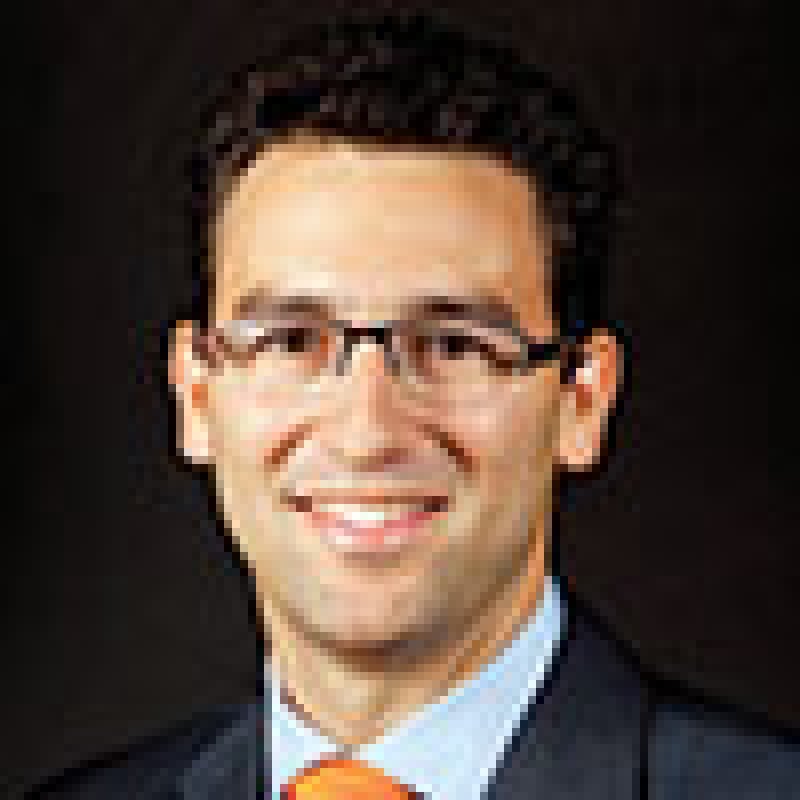A new collective agreement on employee inventions, negotiated between two major parties of the Swedish labour market, the Confederation of Swedish Enterprise (Svenskt Näringsliv) and the Council for Negotiation and Cooperation (PTK – being a body of 25 trade unions), has recently entered into force in Sweden. The new agreement, commonly known as The Inventor Agreement, applies to employee inventions reported to the employer as of December 1 2015.
With the exception of a provision regarding an employee's right to fair compensation, Swedish legislation on employees' inventions is non-mandatory. In practice, The Inventor Agreement is the applicable legal framework for governing under what conditions the rights to patentable employee inventions are transferred to the employer. The agreement applies to those parties bound by the agreement, being a significant proportion of Swedish companies engaged in R&D.
Although the re-negotiated agreement to a large extent is identical to the former agreement, a few notable changes have been made.
Firstly, significantly higher compensation levels to employees are recommended and have been linked to an officially indexed amount established yearly. This year's recommended minimum amount is approximately €2,200. Furthermore, the ultimate time limit for initiating legal action to solve a dispute concerning compensation has been changed to being calculated 10 years from the patent application date, rather than 10 years from the reporting date of an invention to the employer. A new special arbitration tribunal to settle disputes regarding compensation has been established and a possibility to request a maximum of four years stay of proceedings has been introduced in order to facilitate the establishment of a disputed invention's value. A final novelty worth mentioning is that unlike other arbitration tribunals, summaries of the arbitration awards will be made publicly available, thus providing some kind of case law from these cases.

|
Marcus Eilenberg |
ZaccoArne Jacobsens Alle 15DK-2300 Copenhagen S DenmarkTel: +45 39 48 80 00Fax: +45 39 48 80 80contact@zacco.comwww.zacco.com










